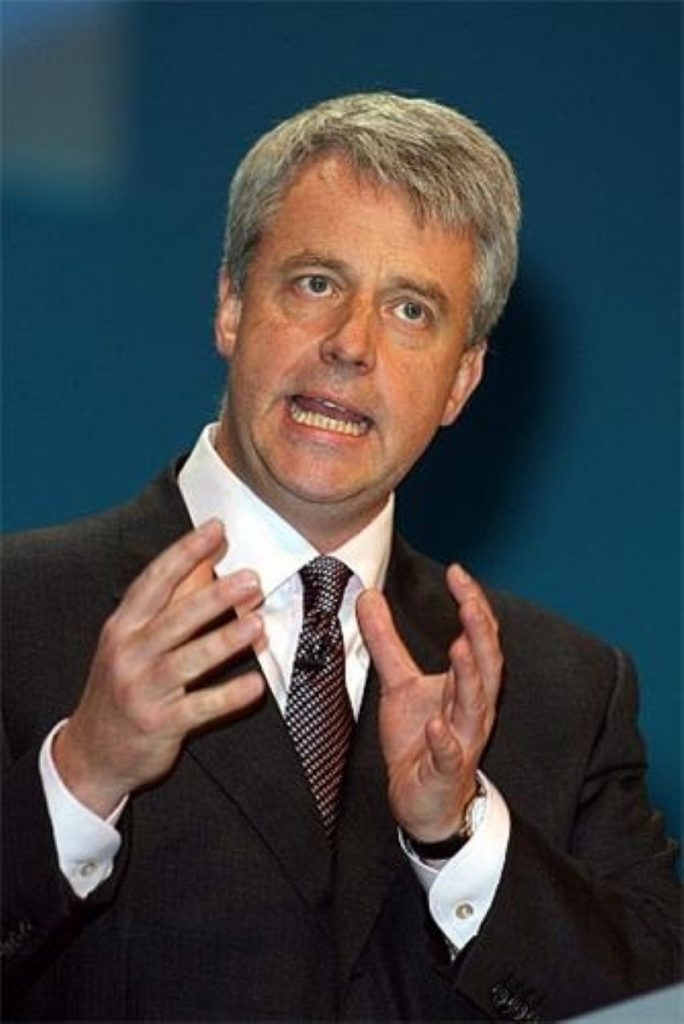Govt in ‘disarray’ after Clegg’s NHS intervention
By Ian Dunt Follow @IanDunt
The government was accused of being in "disarray" today, after Nick Clegg's letter demanding further amendments to NHS reform was debated in the Commons.
Health secretary Andrew Lansley was forced to cancel a speech and attend the session after Speaker John Bercow accepted shadow health secretary Andy Burnham's urgent question.
"The government appears to be in complete disarray – or maybe it was a pre-agreed coalition choreography to save face for the deputy prime minister?" Mr Burnham said.


"Who is in charge of health policy? Is anyone in charge?
"In their heart of hearts they [Liberal Democrats] hate this bill but don't have the guts to stand up the prime minister and say so."
Mr Lansley insisted yesterday's letter, which mapped out several key changes constraining private involvement in the health service, was merely an explanation of pre-agreed decisions, not a set of new proposals.
"We – and I do mean all of us on these benches – are using the debate in the Lords to reassure those who believe in the NHS," he said.
"That is literally true."
Mr Lansley faced attacks from the benches behind him as well. Tory backbencher Nadine Dorries said: "Shouldn't someone tell the deputy prime minister who is running this government?"
Peter Bone asked if the Liberal Democrats were "saying one thing at this end of the chamber and another at the other end".
Yesterday's letter stopped short of proposing that sections of the bill concerning competition be scrapped, but its provisions marked a significant new capitulation to opponents.
In a letter to Lib Dem peers, Mr Clegg and Baroness Williams, who has led Lib Dem opposition in the Lords, proposed curtailing the Competition Commission's influence in the NHS, handing Monitor power to ensure NHS patients are served first and setting up additional safeguards against takeover by private health firms.
Capping the number of private patients in NHS hospitals and creating a requirement for foundation trusts to get permission from governors before carrying out extra private work were also proposed.
The existence of the letter suggests Mr Clegg is frantically trying to pacify members of his own party ahead of their spring conference, where activists are trying to table a motion calling for the bill to be abandoned altogether.
It appears that in a bid to prevent Lib Dems opposing the bill altogether, Mr Clegg offered the new concessions. By doing so, he also put his authority on the line. If activists press ahead anyway, it will be interpreted as a sign that Mr Clegg is struggling to maintain control over his own party.












